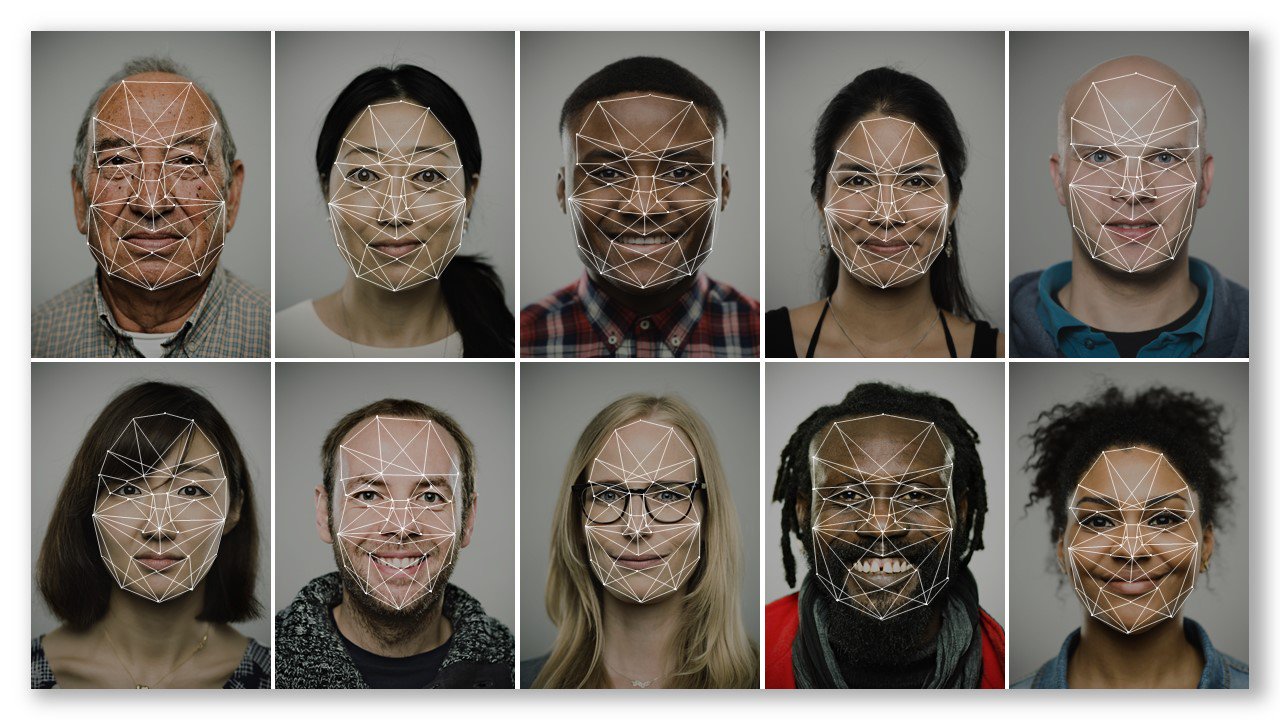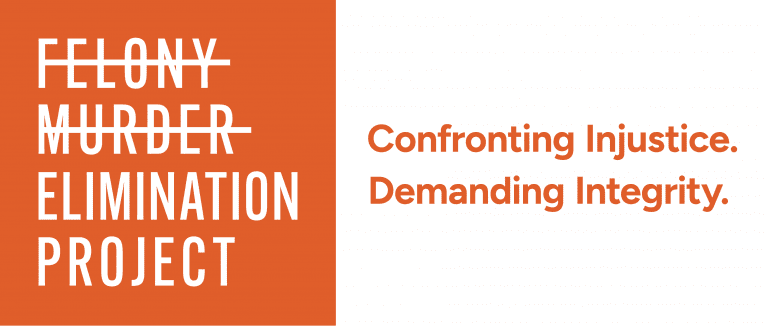Facial recognition technology is everywhere. We use it to unlock our phones, prove our identity before boarding a plane, and send money from our virtual wallets to buy groceries, event tickets, and every day needs. Because this technology is unavoidable in today’s world, it’s easy to assume it’s rigorously monitored and regulated. It is not. In fact, the technology is deeply flawed and mostly unregulated.
Technology does not exist outside of the biases and racism that are prevalent in our society. Time and again, studies show facial recognition is least reliable for people of color, women, and nonbinary individuals. That degree of unreliability is life-threatening when facial recognition technology is in the hands of law enforcement.
- It gives blanketed and indiscriminate surveillance to authorities to track you.
- It is inaccurate and intensifies racial and gender biases that already exist in law enforcement, which lead to disparate treatment.
- It can be used to target and identify vulnerable groups, such as immigrants and refugees.
- It can be used to track your personal movements, including going to abortion clinics or drug treatment.
- Facial recognition technology violates our Constitutional rights.
Studies show facial recognition technology is biased. The error rate for light-skinned men is 0.8%, compared to 34.7% for darker-skinned women, according to a 2018 study titled “Gender Shades” by Joy Buolamwini and Timnit Gebru, published by the Massachusetts Institute of Technology Media Lab. A 2019 test by the federal government concluded the technology works best on middle-age white men. The accuracy rates aren’t impressive, and not feasible to be used for widespread application, for people of color, women, children, and elderly individuals.
A 2020 ACLU study found since Black people are more likely to be arrested than white people for minor crimes, their faces and personal data are more likely to be in mugshot databases. That makes them more likely to be misidentified as suspects and forced to sit in lineups, despite the documented lack of accuracy behind all these means of supposed identification. The ACLU found that police surveillance cameras are disproportionately installed in Black and Brown neighborhoods, which again exacerbates systematic racism.
People usually do not opt in to being tracked by facial recognition technology, and when it comes to most surveillance cameras in your day-to-day environment, you can’t give consent. Still, law enforcement can use this software without appropriate checks and balances. “It’s like walking around with your driver’s license stuck to your forehead,” said ACLU-Minnesota Policy Associate Munira Mohamed.
It’s no secret that the Department of Homeland Security and its sub-agencies ICE and Customs and Border Protection have already committed horrific abuses, and show no signs of responding to any accountability. With facial recognition, these agencies can pinpoint the location of immigrants across the country, marking them for detention and deportation on an unprecedented scale.
Certainly, facial recognition technology isn’t all bad. For example, it’s been helpful in missing persons cases, and identifying victims of natural disasters and at crash scenes. But technology is developing much more quickly than the laws we need to protect our rights, and legislating takes a long time. We must proactively put policies into place that will protect our rights as new and more advanced technology is constantly released. This is especially vital when that technology, and law enforcement members using it, show over and over to be biased toward marginalized groups.
“The criminal justice system can really trap people into false arrest, false identification,” said Mohamed. “You have to prove that you’re innocent because a computer said that you’re guilty.”
Read more about the hazards of using and regulating facial recognition technology in New Orleans in “New Orleans May Hand Its Police Live Facial Recognition Tech. Critics Warn It’ll Help ICE” from Bolts Magazine. Bolts Magazine reports on the local elections and obscure institutions that greatly shape public policies, but are overlooked in the U.S., and the grassroots movements that surround them.



